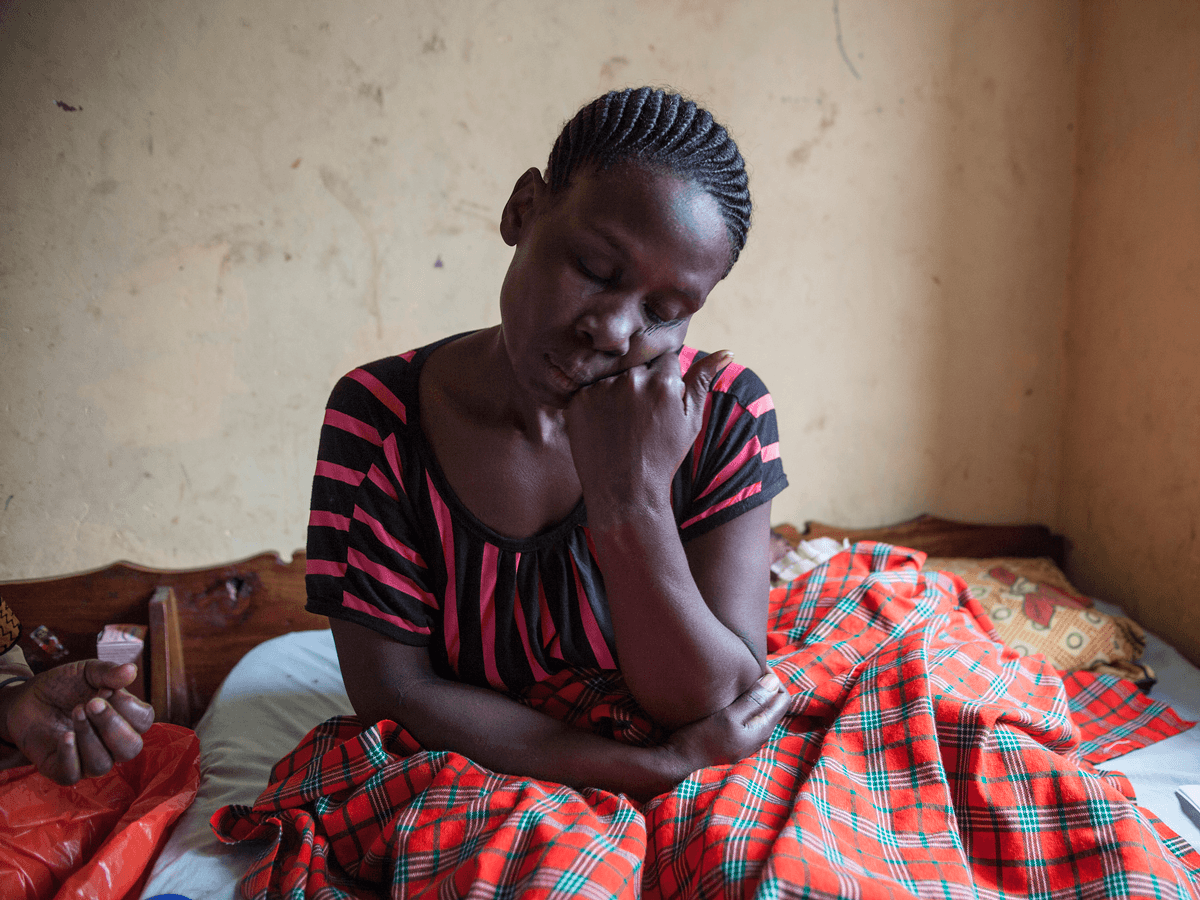Brittain K, Mellins CA, Remien RH, Phillips T, Zerbe A, Abrams EJ, Myer L.
Glob Public Health. 2018 Dec 25:1-11. doi: 10.1080/17441692.2018.1560485. [Epub ahead of print]
Abstract
Depressive symptoms are common among pregnant women living with HIV, and an unintended pregnancy may heighten vulnerability. HIV-status disclosure is thought to improve psychological well-being, but few quantitative studies have explored the relationships among disclosure, pregnancy intention and depression. Using multivariable linear regression models, we examined the impact of disclosure on depressive symptoms (Edinburgh Postnatal Depression Scale; EPDS) during pregnancy and postpartum among women who tested HIV-positive during the pregnancy in South Africa; and explored the role of pregnancy intention in this relationship. Among 350 women (median age: 27 years; 70% reporting that their current pregnancy was unintended), neither disclosure to a male partner nor disclosure to ≥1 family/community member had a consistent effect on depressive symptoms. However, pregnancy intention modified the association between disclosure to a male partner and depression during pregnancy: disclosure was associated with higher depression scores among women who reported that their current pregnancy was unintended but was associated with lower depression scores among women who reported that their pregnancy was intended. During the early postpartum period, disclosure to ≥1 family/community member was associated with higher depression scores. Counselling around disclosure in pregnancy should consider the heightened vulnerability that women face when experiencing an unintended pregnancy.









